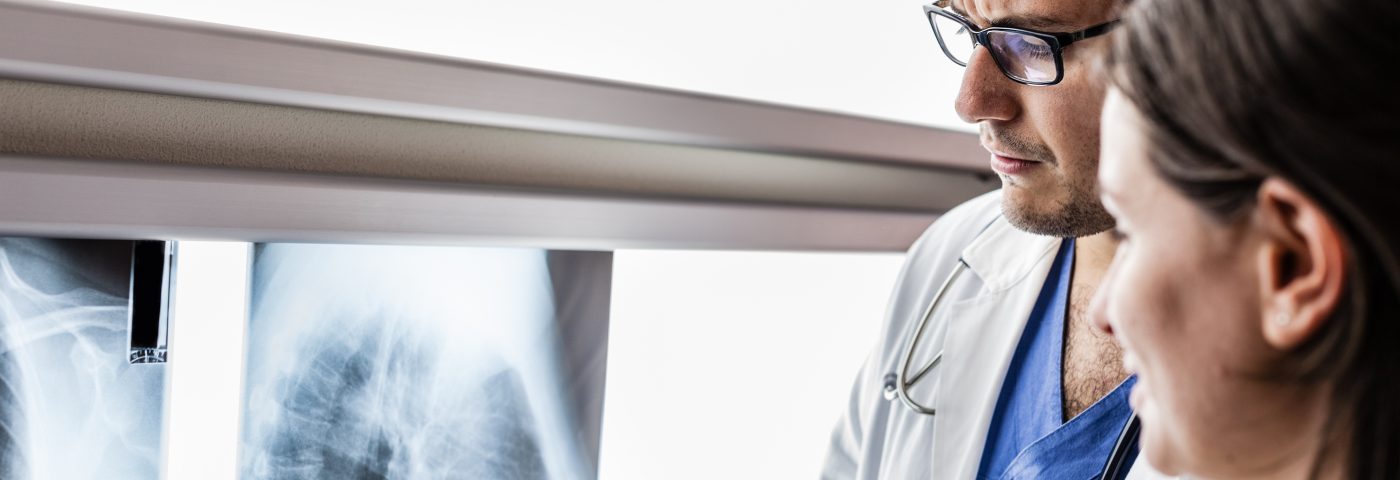Windtree Therapeutics recently announced that it has received the third $1 million installment in a previously announced Phase 3 Small Business Innovation Research (SBIR) grant, worth about $3 million in total, to support development of the company’s aerosolized KL4 surfactant as a potential therapy for radiation-induced lung injury.
The aerosolized KL4 surfactant is a synthetic surfactant that mimics the human pulmonary surfactant, a mixture of lipids and proteins secreted by the certain epithelial cells into the alveolar space in the lungs to ease the work of breathing. In preclinical studies, KL4 has been shown to be able to modulate inflammatory processes, and to have antimicrobial properties and non-immunogenicity.
Supported by the National Institute of Allergy and Infectious Diseases (NIAID), a branch of the National Institutes of Health, the SBIR grant allowed Windtree to conduct a first preclinical study in an animal-model to assess if aerosolized KL4 surfactant could reduce acute and long-term lung injury related to radiation exposure.
According to a press release, preliminary results from this study indicated that the treatment was successful in preserving oxygenation and reducing lung inflammation when administered both early and later in the course of this particular lung injury.
Robert Segal, MD, a principal investigator at Windtree Therapeutics, and Melpo Christofidou-Solomidou, PhD, a specialist in antioxidant approaches to acute and chronic lung diseases at the University of Pennsylvania’s Perelman School of Medicine, are conducting the research.
This latest installment will be used to further preclinical research, which will include continued assessment of both early and delayed administration of the drug candidate in delaying the effects of radiation-induced injury in the lungs, which can lead to pulmonary fibrosis.
Previous studies suggested that radiation-induced injury may occur in up to 15% of patients who receive radiation therapy for lung cancer. Windtree developed the aerosolized KL4 surfactant for these patients and those under radiation therapy for thoracic conditions, as well as those with acute lung injury or radiation-induced lung injuries resulting from a radiological accident or terrorist agent.
Federal agencies in the U.S. support the development of Windtree’s aerosolized KL4 surfactant treatment based on two acts of Congress: the Project Bioshiled Act of 2004 and the Pandemic & All-Hazards Preparedness Act of 2006. These acts encourage the private sector to develop medical countermeasures against chemical, biological, radiological and nuclear terrorism threat agents, as well as against pandemic influenza, and provide a means for federal acquisition of such countermeasures.

